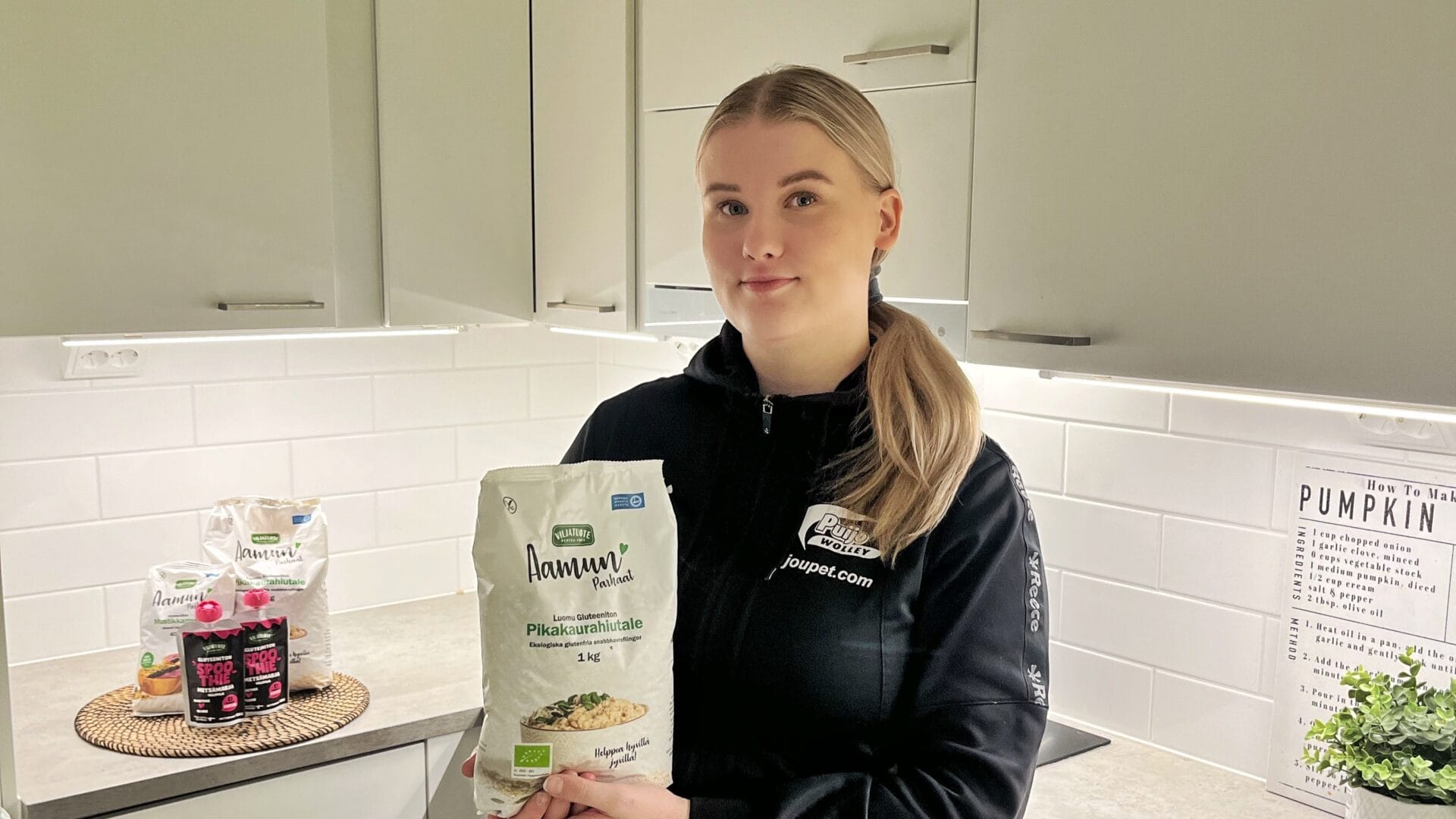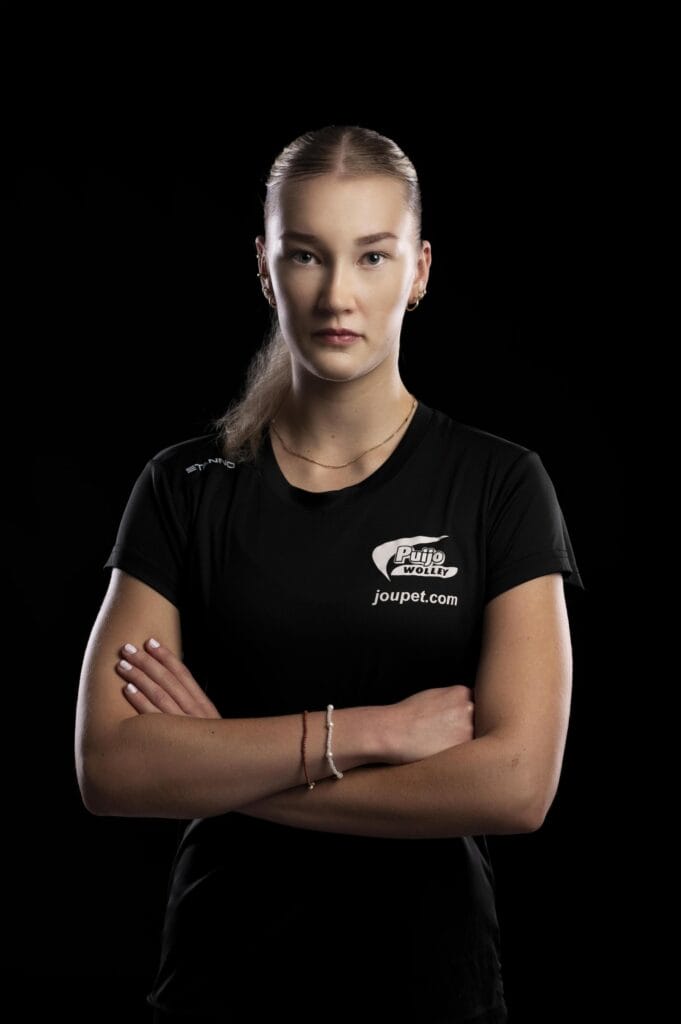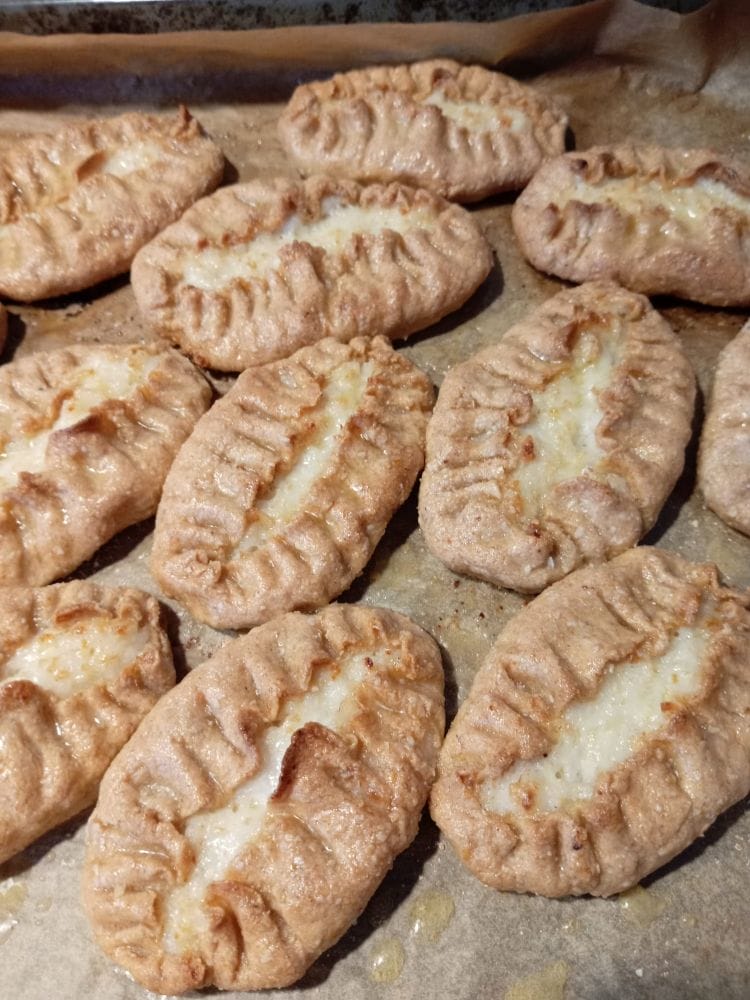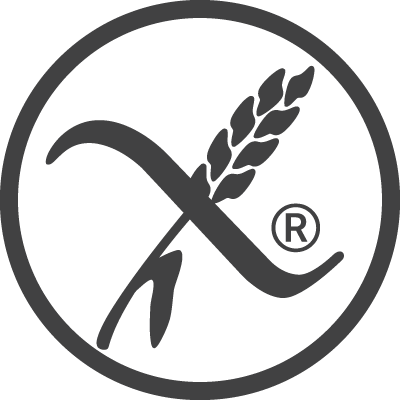Athlete's gluten-free diet

Athlete and gluten-free diet
Veera Help and Siiri Hartikainen, the liberos of Puijo Wolley's championship team, prefer a gluten-free diet in their everyday lives. Siiri Viljatuote from various infections every month and Veera was diagnosed with IBD two years ago.
Volleyball is an intense and fast-paced game that requires players to display a wide range of strength and skill, agility and endurance. A match can last for several hours, from the opening scrimmage to the fifth set of follow up balls and then a restorative final scrimmage. In the highest divisions, there are dozens of games during the season and the travel takes teams on bus trips all over Finland.
Food and meal planning play an important role, supporting training and storing energy for athletic performances. We asked two young women who play volleyball at the top level how their gluten-free diet works in the everyday life of an athlete and what challenges it brings to different situations.
How do a gluten-free diet and professional sport fit together?
What do athletes pay attention to when planning their diet and meal plans?
What is important in an athlete's meal, how do you organise meals on game days?
Siiri shares her grandmother's delicious, gluten-free Karelian pie recipe
Gluten-free diet supports Siiri's daily life
Siiri Hartikainen is a 22-year-old libero of the Kuopio team, who is also the godfather of Virtasalmi Viljatuotte for the 2024-2025 season.
"I suffer from chronic sinusitis and I get sick every month, which means I have to take a lot of antibiotics. Antibiotics kill the good bacteria in the gut, which leads to an imbalance in the gut microbiota. This imbalance in the gut microbiota exposes me to many other infections and digestive problems.
During antibiotic courses, I have found my stomach and gut to be very sensitive and react strongly to things like milk and cereal gluten. So I've found that a gluten-free diet supports my gut health."
Siiri uses Cereal Products products daily, they help her maintain a varied diet in her daily life during health concerns and antibiotic treatments, and thus keep her in good bowel health. Siiri's favourite products are Cereal Product's blueberry muesli and oatmeal, which mainly make up her morning and evening snacks. "I got to test a new product called Spoothie, a quick and good snack to take before a game or during a break in the game," says Siiri. "
Veera found help after IBD diagnosis
gluten-free diet
Veera Help is a 20-year-old libero from Puijo Wolley, whose breeding club is Kiuruvesi Luomu-Wolley. Veera studies at Kuopio Classical High School.
Veera was diagnosed with IBD about two years ago, which is why she uses gluten-free products.
"For me, the best and most suitable products for my diet can be found at Grain Products. They allow me to concentrate fully on my daily life as a professional athlete and enjoy it without the pain or stress of food.
My favourite products from Grain Products are the Spoothie snack bags and the Blueberry Mill, which I use every day in my everyday life and which help me to keep going and maintain my gut health."
How do a gluten-free diet and professional sport fit together?
It is important for people on a gluten-free diet to ensure an adequate and varied diet. In the case of professional athletes, it is even more important to plan diet and energy intake. We asked Siiri and Veera how they plan and execute their own meals - and what the differences are, for example, between meals on days off and on match days.
How does an active athlete plan their diet and meal plan?
- If you train twice a day, i.e. you have morning training before work or school in addition to evening training, it's important to have enough energy. In the morning I usually eat porridge or make a smoothie. After a morning workout, it's good to have a small snack like a banana or a smoothie straight after.
- Lunch at noon, snack in the afternoon and dinner before the evening training sessions. In the evening, we may still eat a nice hot meal on the two training days to get enough energy, especially protein and carbohydrates. A snack can include a sandwich and even a protein-rich oat or soya yoghurt and fruit. This means 5-6 meals on game days and on the days of two training sessions. So we've realised that it's important to eat enough and often enough to recover from the day's training," Siiri and Veera say.
- On game days, the rhythm can still change when there are morning practices and the game may be at 3 p.m. Then you need breakfast, a snack after the morning practice, lunch and a small snack just before the game. After the game, we have dinner and in the evening we have an evening snack. Even during a long game, a high-calorie energy drink or snack may be needed. A five-round game, for example, can last up to 3 hours with warm-ups, during which time the body's carbohydrate stores are depleted.
How does eating on game day differ from eating on a training day or a day off?
- On the day off, you should prepare for the next day, e.g. by refuelling with carbohydrates if it's going to be a game day. There may be fewer meals on a day off, e.g. only four. In addition to sleep, eating plays a big role in recovery and preparation," Siiri and Veera say.
What's important in a meal, how do you organise your meals when you travel to games?
Siiri and Veera discuss their dietary intake, energy, fats and proteins and meal planning: - First of all, it's important to have enough energy! And energy should come from as healthy and good sources as possible. And energy should be provided from healthy and healthy sources, and from the best sources. Carbohydrates should be enough to keep you going and proteins for recovery and repair. Good fats and oils are also important and they also provide energy," say Siiri and Veera.
During the season, the volleyball team accumulates a large number of away trips, some of which take place at night. How do sportswomen on a gluten-free diet ensure that they can find suitable meals and adequate nutrition for themselves when travelling for matches? - When you have special diets, such as gluten-free and dairy-free, you have to plan your diet in a completely different way. Finding the right food for you can be a challenge, especially when you're away from home," says Siiri.
- For example, after a late game on Sunday, there are few places to eat. That's why it's a good idea to have some suitable snacks with you. Gluten-free products such as cereal product Spoothie and muesli are handy in these situations. If you're coming home from a late night game, make sure you have food at home in the morning and possibly lunch ready for the next day. So anticipation and planning are key," Veera reminds us.
What kind of support can an athlete get for food planning?
For example, the people responsible for team maintenance book meals for away games and take special diets into account. "I myself have already received help from the nutrition coach in 2019 to plan meals. Fortunately, the situation regarding special diets in Finland is good and there are more and more gluten-free and dairy-free products on the market," says Siiri happily.
For Siiri, the variations in her own health status are also a factor in her meal arrangements. If you are on a course of antibiotics, it is important to inform the team's carers and those who book meals about the changes.
What more information would you need to create a more
suitable or balanced diet for yourself?
When it comes to nutrition, sometimes the challenge is to calculate total energy consumption. You need to be sure that you are eating enough. Veera, for example, wonders whether our diet is such that we can get the most out of our potential on the pitch. More information would also be needed on whether all aspects of nutrition have been sufficiently taken into account.
Prepare delicious, gluten-free rice cakes with grandma Siiri's recipe:
Non-dairy rice porridge
1,5 dl Water
1 tbsp Salt
3 dl Dark rice
2 dl Oat cream
Gluten-free flour mix
2,5 dl Bun Flour Mix
0,5 dl Oat Flour Mix
0,5 dl Coarse Rice Flour
0,5 dl Fine Buckwheat Flour
Dough
3 dl Water
4 dl Gluten-free flour mix
1-2 tbsp cooking oil
1 tsp salt
For lubrication
50-70 g dairy-free fat mixture (e.g. Sunday lactose-free baking margarine)
- Boil the rice in salted water for about 40 minutes. Stir the oat cream into the warm porridge and leave to simmer for a while.
- Prepare the flour mixture according to the instructions and mix the ingredients together. Take 3 dl of the flour mixture and mix into the liquid. Allow the mixture to swell for about 10 minutes.
- Add the remaining 1 dl of flour mixture and mix by hand. Knead the dough and form it into a lump, cut into 15 pieces.
- The pieces are rolled into round buns, which are dabbed into round tubes with oat flour (you can also use a collar). Fill and crumple the pancakes into a pie and lift them onto a baking tray with a spatula.
- Bake the pies at 260 degrees for about 15 minutes. Brush the finished pies with a dairy-free fat mixture.
For more information on coeliac disease and gluten sensitivity, see for example:
- Coeliac Society: coeliac condition
- Intestinal Diseases Association: IBD - Inflammatory Bowel Diseases
- Duodecim: Non-celiac gluten sensitivity




Other related articles
Durra - Gluten Free, Versatile Flour Option
How to succeed in gluten-free baking
Enjoy gluten-free everyday life and celebrations
Share the article